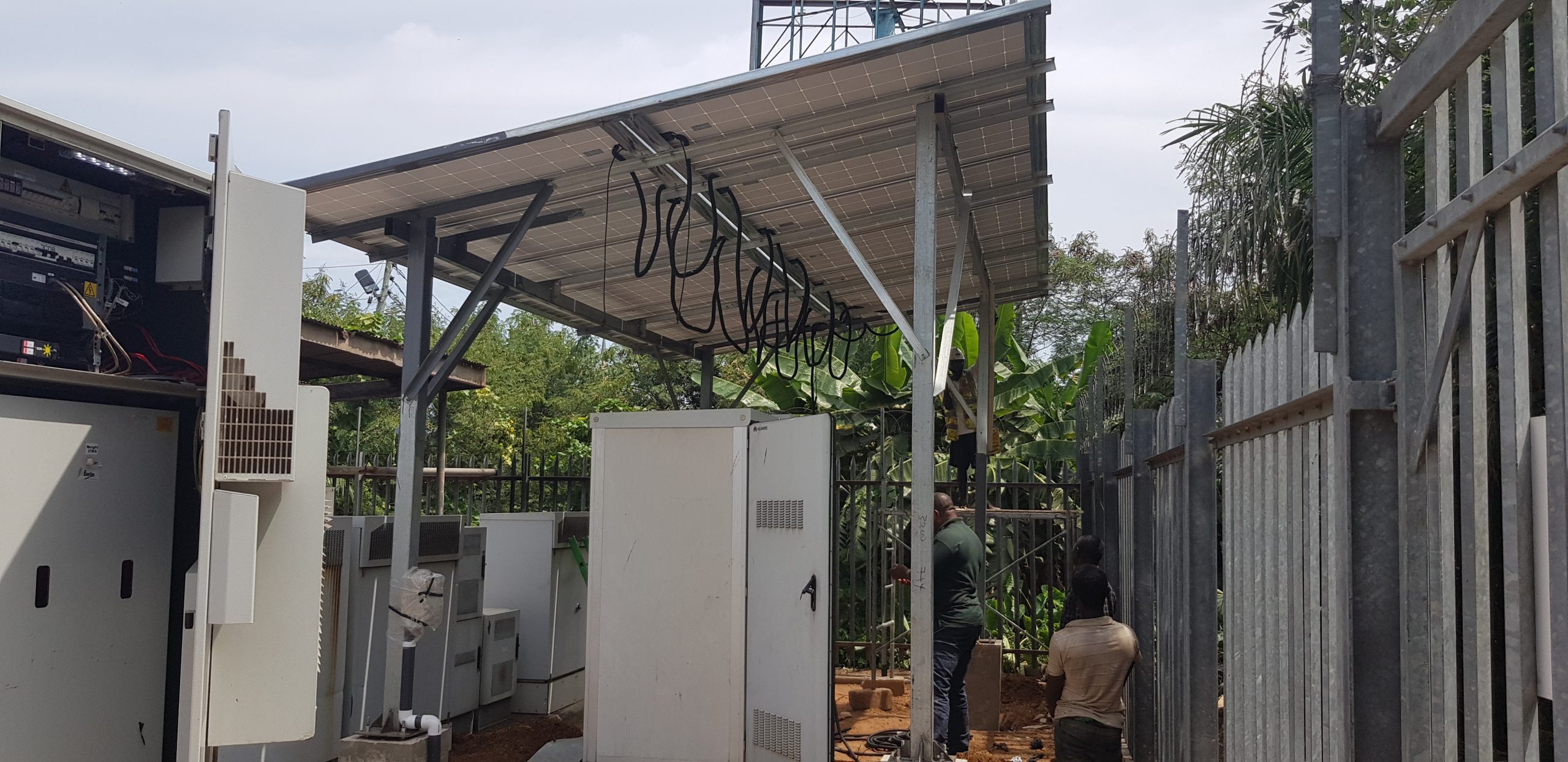Battery Regeneration
Battery power, whether to energize an electronic gadget, or keep electric vehicles/equipment running, has long been the pre-occupation of both equipment and vehicle manufacturers alike. As the world turns more and more to electricity as a means for better mobility, the quest for long lasting battery DC supply has become more urgent.
In terms of vehicular mobility, every major, and some minor, manufacturers have proved that building an electric vehicle is not rocket science. Getting decent “real-life” mileage out of onboard battery DC power, is, however. The balance between weight, size, and drag co-efficient has been the path conventionally followed, given limitations on current battery technology.
One area, however, where scant attention is paid to battery DC power supply has been in the Telecom/Datacoms Sector. Meanwhile, this area is where functioning battery DC power is most critical to network operations. Poor call dropout rates and patchy data service is often attributable to failures in electricity supply. Within the Telecom/Datacoms Sector in the developing world, especially in rural and remote areas, where mains electricity is often unstable, the need to have battery DC backup supply is crucial. This is provided primarily through the means of a UPS (Uninterruptable Power Supply unit) coupled to a standby generator, with a battery DC power system forming the “bridge” during a changeover from the mains supply to a standby generator, and vice versa. The battery DC supply ensures that no power outage to cell sites, exchanges, data centres, etc., is experienced. As such, the batteries and battery banks that form the UPS and backup DC power supply systems must therefore be in optimum operating condition.
In Africa, where ambient environmental temperatures can often be anything between 30 and 38 degrees Celcius, a situation unconducive to optimum battery operation and lifespan, it is often found that the typical lifespan of a battery does not last as long as the manufacturer warrants. This situation is somewhat ameliorated in exchanges and data centres, where the enclosed nature of the installations allows for air-conditioning. But for most other installations, such as cell sites, it means that batteries are replaced typically well before the manufacturer’s nominal battery life span. Effectively, then, MNOs (Mobile Network Operators) and such like find themselves not enjoying the full benefits of the CapEx expected from their purchases.
In the industrial setting, specifically, where enclosed warehousing is concerned, electric vehicles such as forklifts, pallet movers/lifts, etc, are deployed for movement logistics. These vehicles and equipment mostly utilize heavy duty lead acid batteries, which if not maintained properly, leads to an expensive piece of equipment sitting idle.
BRT d’Afrique was established in 2019 to help organisations and companies rationalize their CapEx on the purchase of lead acid batteries, through the utilization of revolutionary battery regeneration technology. The process of producing electricity from lead acid batteries causes sulfation of the lead plates in the battery. This sulfation builds up over time, as the battery is charged and discharged, causing a diminution of its nominal capacity until eventually, there is no capacity left in the battery and the user is forced to discard and replace it. The process of battery regeneration reverses this sulfation build up, essentially restoring the battery back, or close, to its original state, thereby giving the battery a new lease of life. For example, if the manufacturer warrants the battery (under optimum conditions) to last 10 years and due to its operating environment, it only lasts 3-4 years, a successful battery regeneration will give that very same battery another 3-4 years of operational use. As such, our battery regeneration service provides our clients with a rationalization of CapEx and moves this into OpEx, all at an affordable price ensuring cost efficiencies in network and systems operations, as well as maintenance.
As part of our service, we provide our clients with detailed analytical reports covering the entire battery regeneration process as well as technical training in battery operation and maintenance, designed to assist them in ensuring the optimum utilization of their lead acid battery assets. For more information, you can visit the BRT corporate website at http://www.brt.energy/ or you can contact us directly.
BRT d’Afrique’s battery regeneration service is applicable only to lead acid batteries.
Our Office
The Orangery, 169/4A Otwe Street, Tedzii Ashieshi, La, Accra, Ghana
Contact Us
T: +233 302 797 852
M: +233 202 077 700
Office Hours
Mon-Fri: 9am – 5pm
Sat-Sun: Closed



